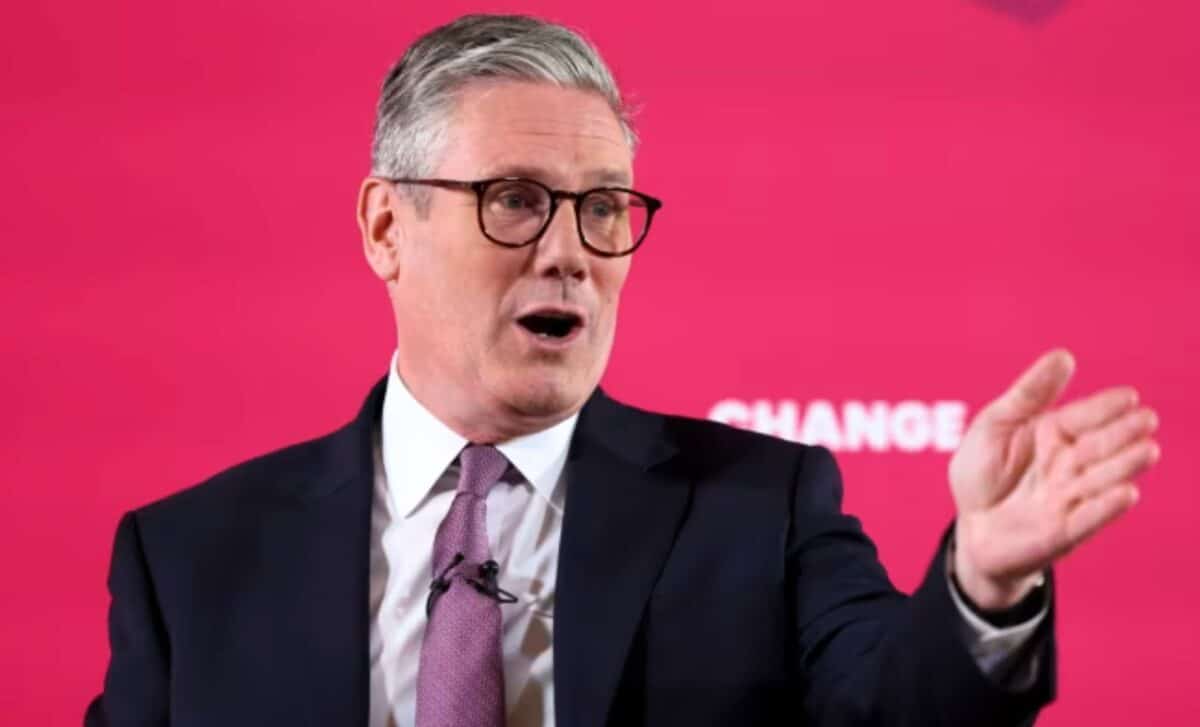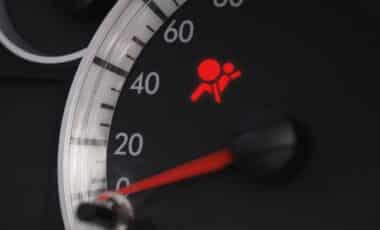Labour leader Sir Keir Starmer is preparing to offer significant pay rises to teachers and nurses, although this would require higher taxes or further borrowing.
Starmer Faces Fiscal Challenges with Proposed Pay Rises for Teachers and Nurses
There have been independent recommendations of a 5.5% salary hike for 514,000 teachers and 1.36 million NHS employees. Nevertheless, the Institute for Fiscal Studies (IFS) shows that Labour’s budget only provides for a 3% rise, meaning that any further money has to come from increased taxation, greater borrowing or reduced allocations elsewhere.
Failure to fully fund the recommended five-and-a-half percent increase or refusal to implement it could result in conflicts with trade union leaders, who have already threatened strikes if given less than this amount. By doing so, he aims at preventing large scale strikes in key public services, as he promised to “put an end” to the Tories’ chaos.
Downing Street insiders say Sir Keir is open to inflation-busting wage hikes for public sector workers but will not meet every demand made by unions.
Such an increase in salaries of teachers and nurses would cost her majesty’s treasury about £3.5bn according to economists, while if spread across the wider public sector, these estimates could be as high as £10bn.
According to Paul Johnson, the IFS director, the pay proposals would have to be funded through more borrowing, higher levies or cuts in spending: “There is no fourth option.” This case could mean that the government may go back on its word and seek for extra funds shortly after it is elected.
The then Labour leader during his campaign usually claimed that all of his programs were “fully costed” and he would not increase tax for workers above what he had stated in his manifesto.
The Chancellor Rachel Reeves has pledged to borrow only for investing purposes, always keeping “iron clad” discipline with which to balance the books.
Uncertainty Over Pay Rise Implementation
It is still unclear whether Sir Keir will accept an independent pay review body’s recommended 5.5% full pay hike or if both he and Ms. Reeves will agree on a slightly lower increase which keeps the figure above inflation. Inflation currently stands at 2%.
Labour has already dismissed calls for much higher rises in wages. Wes Streeting, Health Secretary, said during the election campaign that junior doctors’ demand of a multi-year 35% rise could not be afforded by government.
The independent pay bodies justified the 5.5% recommendation for NHS workers and teachers by comparing it to the rise in private sector pay. Data from the Commons Library reveals that average weekly earnings in the private sector increased by 5.5% during the three months to May 2023.
Concerns Over Funding and Strike Threats
Headteachers are worried that even if the Treasury approves a 5.5% percentage point rise, it may not be fully funded, thus necessitating schools closing the gap using their existing budgets. Pepe Di’Iasio, general secretary of Association of School and College Leaders, warned that under-funding would lead to classroom budget cuts if not adequately catered for.
A source from a health union confirmed that although this will only be used as a last option; there is room for strike action should members turn down any offer. The importance of making sure that any additional payment is fully financed was stressed by the source, who said that the NHS is already working at full capacity, hence would find savings difficult to make elsewhere.
BMA spokesperson stated, “We value the vital contribution the almost six-million public sector workers make to our country. The pay review process is ongoing, and no final decisions have been made. We will update in due course; however, we are under no illusions about the scale of the physical inheritance we face.”









